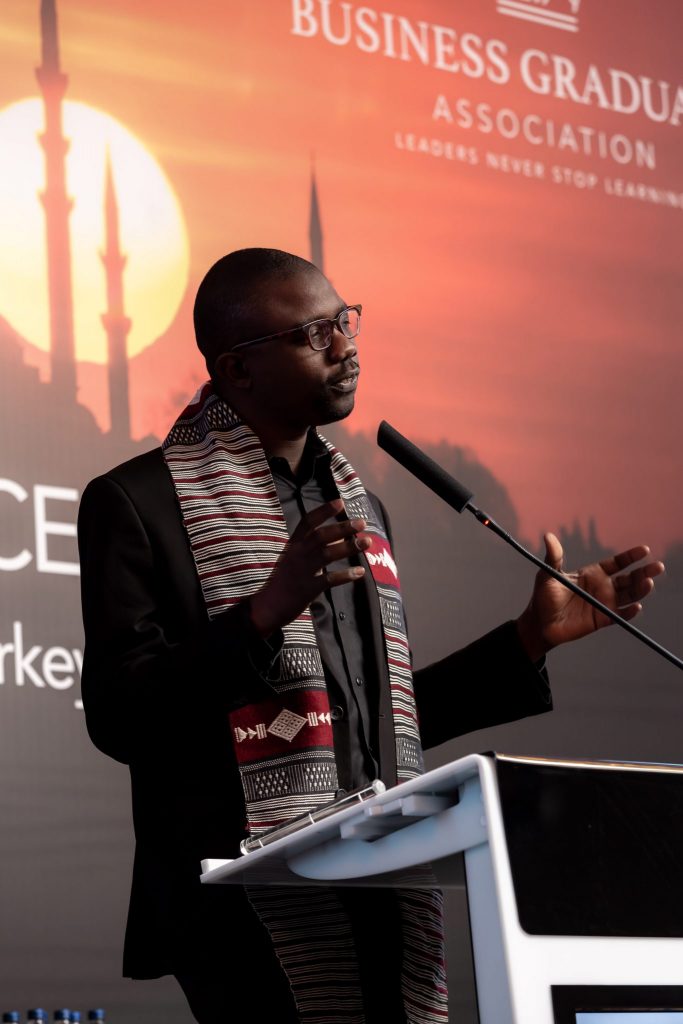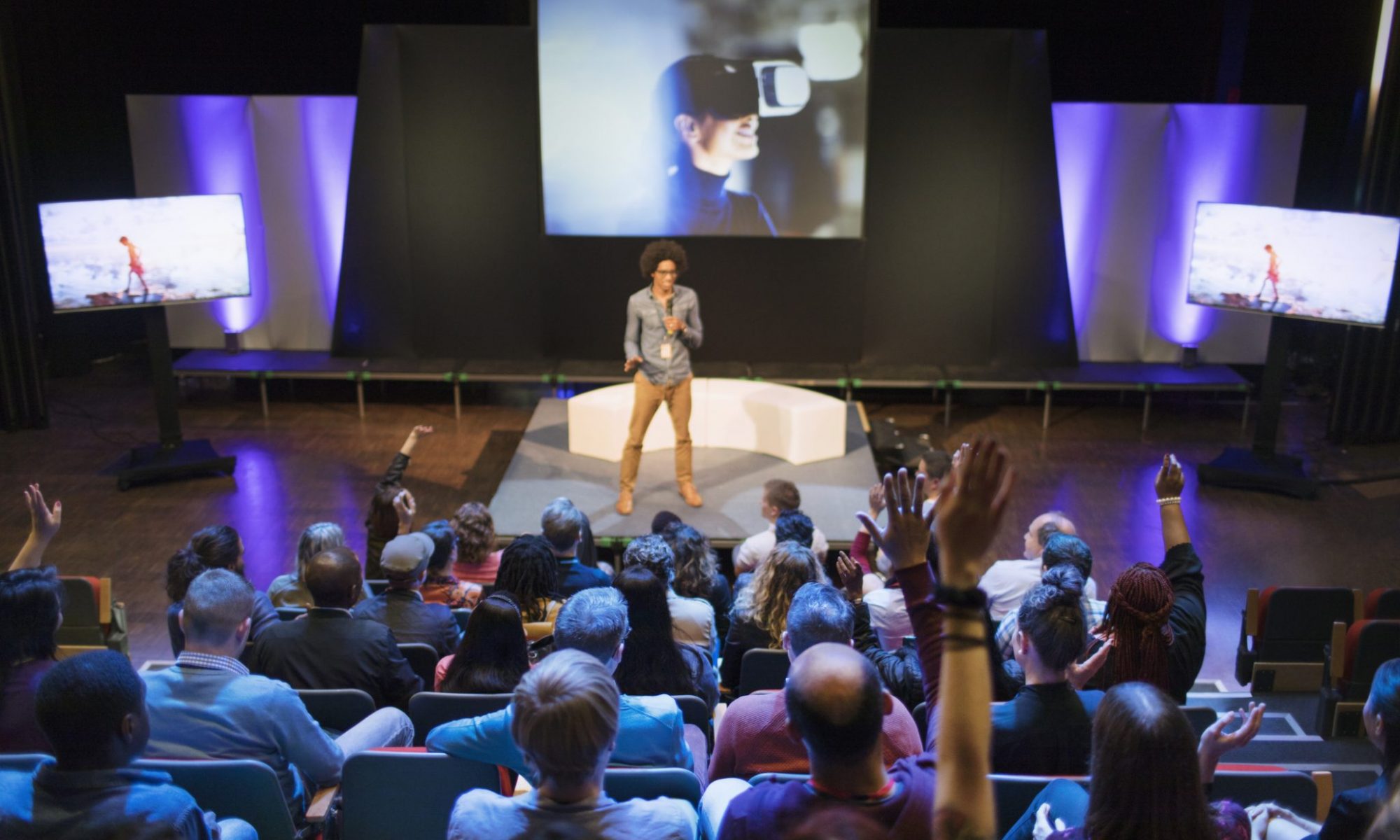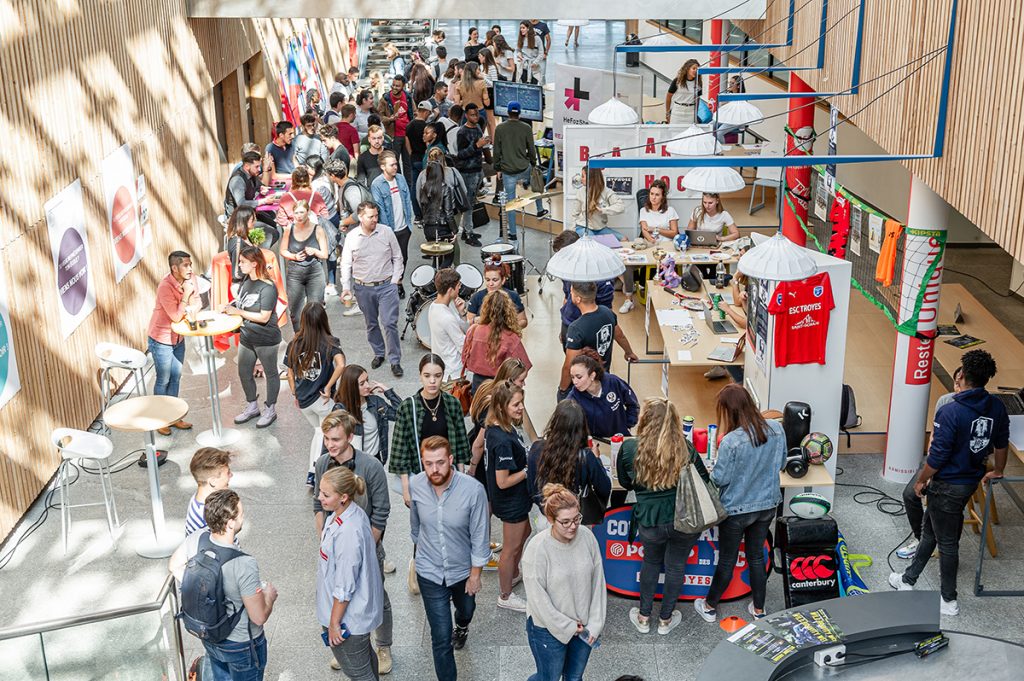To offer their students value, online programme providers must ensure quality while meeting the needs the industry, says Amity University Online’s Aindril De.
Interview by Tim Dhoul.
‘Any academic institution today that intends to add value to its learners, needs to meet the requirements of industry,’ says Aindril De, Academic Director at India’s Amity University Online.
Challenged by the fourth industrial revolution, today’s industries demand that providers of online business education rethink their value proposition and, according to De, provide ‘a distinctive experience that combines the best from the physical and digital worlds.’
Yet, when it comes to the application of digital technology to online education, standards of quality will always be a differentiator for industry recognition. Plus, De says that Amity’s ability to offer online programmes on its own learning platform gives it a responsibility to the student community it aims to serve. ‘For this mode of education delivery, we need to remain focused to ensure quality and derive acceptance from the industry,’ he says.
De hopes that more institutions in India will soon have the opportunity to offer online programmes that are approved by India’s University Grants Commission (UGC), as Amity’s are. In his opinion, this would help break down the barriers that stand in the way of many students’ desire to access quality post-graduate management education, on a timetable and in a format that suits their capabilities and needs. Read the full interview with Amity University Online’s Academic Director below to learn more.
What are some of the biggest challenges facing providers of online business education, both in India and the rest of the world?

The digital era creates a fresh universe of business possibilities, while also generating stress and difficulties of very distinct kinds. The fourth industrial revolution’s challenge is aggressive for all.
Business Schools have to rethink their value proposition massively. Schools need to consider how to give their students something which allows them to learn, and access, the finest skills around the globe, while also providing a distinctive experience that combines the best from the physical and digital worlds.
Providers of online business education, as well as regulators, need to adapt towards the needs of the new era’s learners quickly and enable the universities to ensure that they are able to cater to these needs without compromising and deviating from the expected standards of quality.
How has the demand and the reputation of online education changed over the past five years and how do you expect it to change in the next five years, in your opinion?
A significant change is that there is more demand for skill-based courses, with the best possible use of technology. With improved resources and reduced teacher workloads, classrooms can shift to co-learning spaces, where students can arrive, learn, and engage at their own pace in a collaborative environment. However, this shift is not significantly visible in the formal education space.
The 2018 online education guidelines from India’s University Grants Commission (UGC) will empower the Universities to offer approved online degrees and certificates, which should ensure increased industry acceptance.
What do you think makes your portfolio of programmes stand out from other online programmes?
An articulation of what makes our School’s programmes distinctive are the several international accreditations they hold, of which the latest comes from India’s UGC. Amity is currently the only university in the country which has been approved by UGC to offer programmes and degrees in the online mode. We are also the country’s first university to have our own in-house platform approved for offering online programmes in India.
Amity’s programmes are specifically designed to give a flexible learning environment to the students ensuring ‘anytime-anywhere’ education for students. We also focus on two-way communications, or ‘dialogue teaching’, which becomes exciting for the facilitator as well as for the students involved.
How are programme curricula developed and refined at your School to ensure that they remain in touch with the changing needs of both students and employers?
Any academic institution today that intends to add value to its learners, needs to meet the requirements of industry. At Amity, any curriculum development, review, or upgrade, takes place in alignment with the needs and the feedback received from industry, mapping offerings to the skills they require.
A regular review of curricula and content is also performed, to ensure that what is provided is both current, and global, in nature. In addition, the university organises regular events to ensure that students are constantly exposed to industry trends.
Which single new programme course or initiative is you most excited about and why?
One of the larger institution goals of Amity University is to reach learners who do not currently have access to quality outcome-based education.
The recent UGC approval to offer programmes and degrees online, and on our own platform, has not only given us an opportunity towards fulfilling this goal, it has also invested in us the responsibility towards our student community. For this mode of education delivery, we need to remain focused to ensure quality and derive acceptance from the industry.

How is the School working to boost the employment prospects of its graduates? (E.g. through the use of internship schemes, exchanges, or other industry initiatives)
We ensure student participation in career enhancement activities through exchange programmes, virtual job fairs, volunteering and work-based learning. Mock interviews are also conducted to prepare the students for job interviews.
In addition, we have launched the Amity Future Academy through which students can get career counselling and attend programmes in areas such as soft skills and language proficiency. The university believes in the philosophy of lifelong learning.
Please outline the importance of corporate social responsibility to your Business School’s strategy.
Amity is committed to nation building beyond education and this is reflected in the efforts and initiatives of the Amity Humanity Foundation. Established in 1995, the mission of Amity Humanity Foundation is to support and initiate social welfare activities and create possibilities for equitable social development.
The main areas in which the Amity Humanity Foundation works includes the Amitahsa initiative, which provides free education, uniforms, books, meals, and healthcare to underprivileged girls, and the Swayam Siddha community development programme, which works towards female empowerment through employment generation activities and the formation of self-help groups in rural areas.
What are your hopes for the School in the next five years?
The guidelines of offering degrees through online education have just been formalised in India. In absence of these guidelines, education institutions in India didn’t have a framework for offering online education and hence the acceptance from industry was very limited.
In the next five years, we would like to see more progressiveness and flexibility from the regulators to ensure that online education can truly be delivered in a 100% online mode. We would also like to see other progressive institutions in India being given the opportunity to offer online programmes. This would ensure the disappearance of current limitations of boundaries and distance associated with the acquisition of quality education.
In next five years, we should also be able to build future skills for our students, keep pace with the changing nature of jobs and those that simply doesn’t exist today, as well as to inculcate the habit of being lifelong learners among our students.
Aindril De is Academic Director at Amity University Online. He has worked in both India and in countries that include the US, Singapore, Thailand and Bangladesh in industry and academia with organisations such as Microsoft, Oracle and Wipro. His work has included implementation of ICT-enabled and integrated education systems in higher education, with particular expertise in building proactive support ecosystems to initiate interventions and minimise dropouts in open and distance education.












































